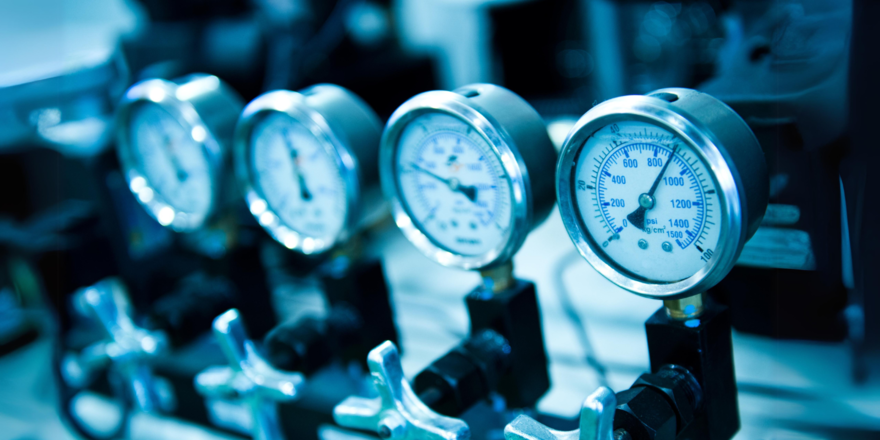Heat recovery from compressors
Compressor systems are commonly used in various industrial sectors such as production, processing and refrigeration, generating large amounts of waste heat. Thanks to appropriate technological solutions, this heat can be effectively recovered and reused in production processes.

Knowledge base – heat recovery from compressors
Compressor systems are commonly used in various industrial sectors such as production, processing and refrigeration, generating large amounts of waste heat. Thanks to appropriate technological solutions, this heat can be effectively recovered and reused in production processes.
How to recover heat from compressors?
Compressors are commonly used in various industries such as production, processing and refrigeration, where they generate significant amounts of waste heat. Modern technologies enable effective recovery of this heat, which allows it to be reused in production processes.
During the operation of compressors, thermal energy is generated, which is usually lost to the environment. Heat recovery consists in capturing it and transforming it into useful energy, e.g. for heating water or air. The two most commonly used solutions are heat exchangers and water cooling. Heat exchangers are a technology where waste heat is transferred to water, air or other media heating systems used in the company's processes. In places where water is used in the technological process to cool devices, heat can also be recovered. It is transferred to water, which can then be used to heat buildings, as process water or in production processes.
Examples of heat recovery from compressors
Example 1: Food production plant
In a food production plant, a heat recovery system from air compressors enabled the heating of process water used to wash equipment, which resulted in 30% savings for the company in energy costs. The plant with a compressor capacity of 242 kW recovers 170 kW of heat, which translates into annual savings of 762,412 kWh.
Figures:
- Compressor power: 242 kW
- Recovery power: 170 kW
- Annual energy savings: 762,412 kWh
Example 2: Chemical industry
In the chemical industry, waste heat from compressors, with a power of 1,000 kW, was used to heat buildings and technological processes, which reduced heating costs by 40% and reduced CO2 emissions. Annual savings amount to 6,278,000 kWh.
Figures:
- Compressor power: 1,000 kW
- Amount of recovered heat: 793 kW
- Annual savings: 6,278,000 kWh of energy
Benefits for companies
Companies can count on significant financial and ecological benefits thanks to the implementation of heat recovery technology. First of all, these are lower energy bills, improved energy efficiency and reduced CO2 emissions. In addition, recovered heat can improve work comfort, and companies gain a competitive advantage thanks to lower operating costs and greater efficiency.
Monitoring and maintaining the heat recovery system are key to its long-term, efficient operation, and employee training will enable the maximum use of new technologies.
Before investing in heat recovery systems, a preliminary analysis and energy audit are necessary to indicate the best places to use such technologies. The appropriate selection of recovery technology and its integration with existing systems in the plant are also important. The investment is associated with initial costs, which can be partially compensated by available forms of support, such as subsidies or energy efficiency programs.
Although investing in heat recovery systems can bring significant savings, the initial costs can be high. It is worth paying attention to available financing options such as ESCO, subsidies, tax reliefs or support programs for companies investing in energy efficiency.
In summary, the investment planning process should take into account energy efficiency and environmental regulations, which may offer additional financial or regulatory benefits. Heat recovery from compressors is a process that requires careful planning and implementation. It allows for a significant reduction in operating costs and reduces CO2 emissions. This investment can pay off quickly, and the benefits will be felt for many years. Striving for energy efficiency will not only bring measurable savings, but will also contribute to the sustainable development of the company, which is increasingly appreciated in today's business world.